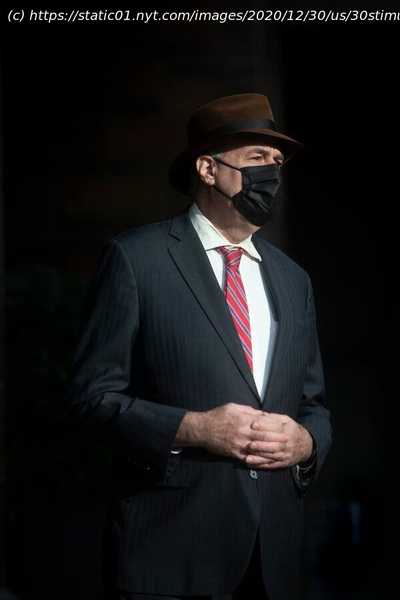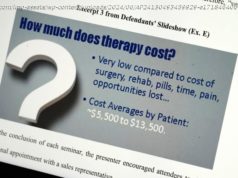While lawmakers debate increasing the stimulus payments to $2,000, experts say it would make far more sense to give more money to the unemployed.
Galen Gilbert knows just what he will do with the check he gets from Washington as part of the pandemic relief package, whatever the amount: put it in the bank. “I’ve got more clients than I can handle right now and I’ve made more money than I usually do,” said Mr. Gilbert, a 71-year-old lawyer who lives in a Boston suburb. “So I’m not really suffering financially.” Cheryl K. Smith, an author and editor who lives in Low Pass, Ore., isn’t in a rush to spend the money, either. She plans to save a portion, too, while donating the rest to a local food bank. “I’m actually saving money right now,” Ms. Smith said. President Trump’s demand to increase the already-approved $600 individual payment to $2,000, with backing from congressional Democrats, has dominated events in Washington this week and redefined the debate for more stimulus during the pandemic. Mitch McConnell, the Senate majority leader, said on Wednesday he would not allow a vote on a standalone bill increasing the checks to $2,000, dooming the effort, at least for now. Whatever the amount, the reality is that most Americans right now are much more likely to save the money they receive. Of course, the money will be a lifesaver for the roughly 20 million people collecting unemployment benefits and others who are working reduced hours or earning less than they used to. Yet, for the majority of the estimated 160 million individuals and families who will receive it, spending the money is expected not to be a high priority. After an earlier round of $1,200 stimulus checks went out in the spring, the saving rate skyrocketed and remains at a nearly 40-year high. That largely reflects the lopsided nature of the pandemic recession that has put some Americans in dire straits while leaving many others untouched. Economists on the right and left of the political spectrum said that when otherwise financially secure people receive an unexpected windfall, they almost invariably save it. The free-market economist Milton Friedman highlighted this phenomenon decades ago. Many experts said a truly stimulative package would have earmarked the payments for those who need it most — the unemployed. “We know where the pockets of need are,” said Greg Daco, chief economist at Oxford Economics. “Putting it there would be a much more efficient use of the stimulus.” And because the money will immediately be put to work — the jobless don’t have the luxury of saving it — it would also have a much bigger impact on the overall economy, through what experts refer to as the multiplier effect. In essence, each dollar given to a person in need is likely to benefit the economy more because it would be used to pay for, say, groceries or rent.
Start
United States
USA — Financial Most Americans Are Expected to Save, Not Spend, Their $600 Check






